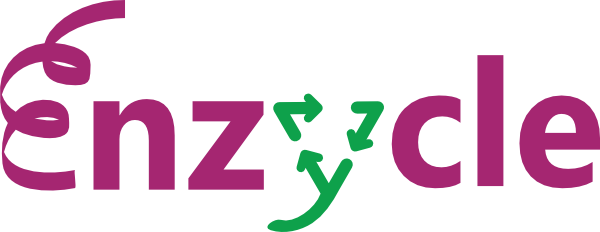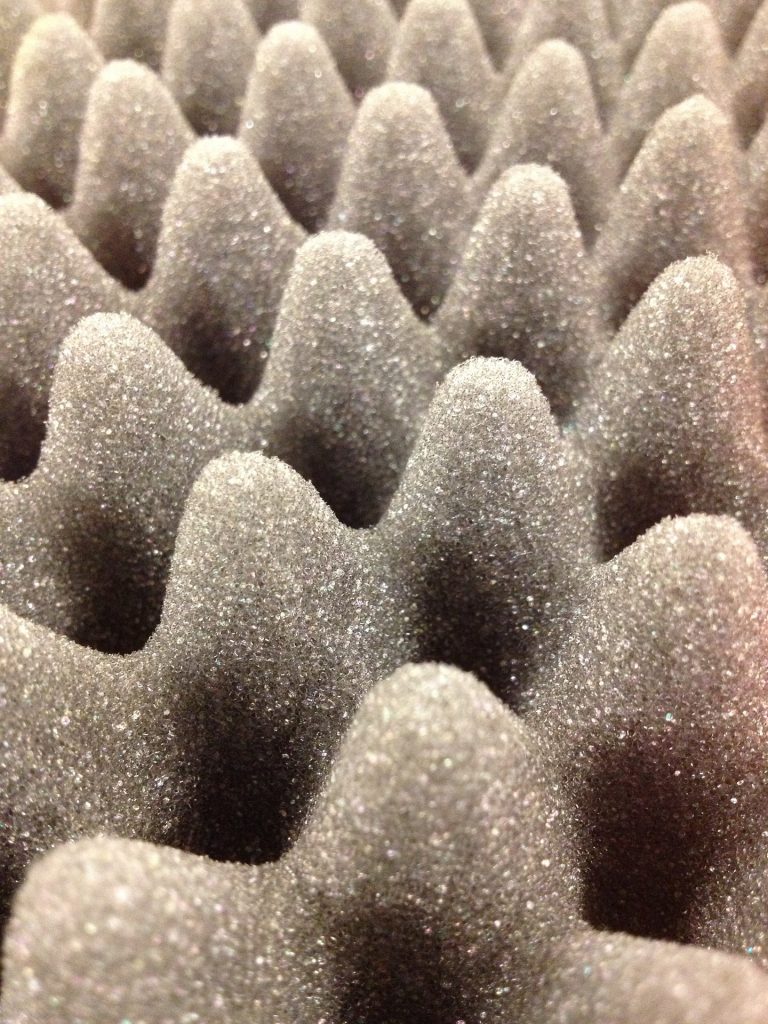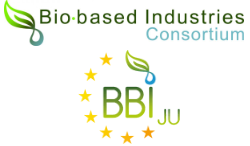Author: Aline Jolie, SOPREMA
Building industry is one of the fields the most concerned about climate change and sustainable development. Indeed, the figures of its impact are impressive; regarding the developed countries, construction is responsible for 40% of CO2 emissions, 37% of energy consumption and 40% of product waste.
At SOPREMA, we are positive that our company has an important part to play in the global warning combat. That’s why for decades we have developed solutions to limit the environmental impact of our activities and products and then proposed solutions for sustainable building and energy efficiency. We have numerous roofing solutions to play positively on buildings impact; for instance, vegetation allows to increase air quality and helps to decrease heat clusters, cool roof waterproofing solutions allow to reduce the roof temperature, and energy production and self-sufficiency can be done by photovoltaic waterproofing solutions. We have also sustainable insulation solutions: XPS insulation can be done with 100% of recycled PS (polystyrene), cellulose wadding insulation includes recycling of newspapers, wood fibber insulation is biobased and sustainable, and finally polyurethane foam for insulation incorporates raw material from PET (polyethylene terephthalate) recycling.
Let’s focus on the PU (polyurethane) rigid foam. It is one of the best insulation solutions on the market. Indeed, the advantages are numerous : one of the best thermal conductivity – for the same thermal resistance, the thickness of the PU panel is lower than the other panels on the market -, very light and easy to install. To decrease the environmental impact of PU foam, SOPREMA launched in 2019 its plant SOPRALOOP, based in Strasbourg, France. The goal of this factory is to produce polyols, raw material used in the PU foam synthesis, from recycling of complex PET, such as opaque milk bottles or monolayer trays. These kinds of PET are widely dropped by plastic recyclers because it is difficult to sort out and regenerate. SOPRALOOP process is based on two steps: first a mechanical recycling and secondly a chemical treatment based on glycolysis which allows to obtain the polyols.
The enzymatic degradation proposed by the ENZYCLE project should allow us to obtain purified monomers. With these monomers it will be possible to synthesize new polyols, and in particularly use these monomers from PET to chemically degrade other opaque PET packaging. In that case, the recycle content in polyurethane foam would be increasing significantly. The challenge would be to prepare a foam with the same reactivity and properties, such as thermal conductivity, fire and aging properties, as the 100% virgin one.




